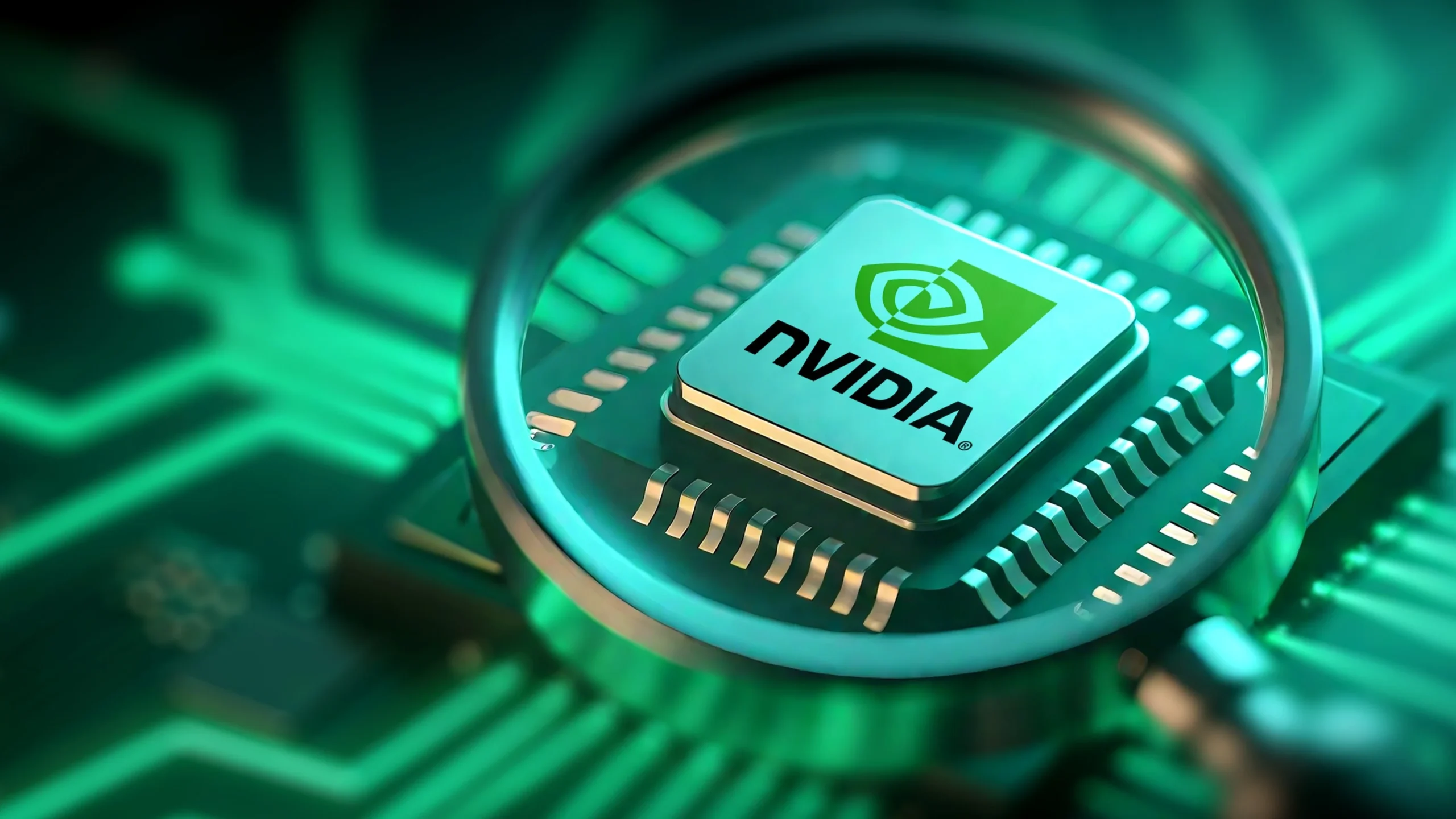US Takes 15% Cut of Nvidia H20 Chip Sales to China
In a move that marks a turning point in U.S. trade policy, President Donald Trump announced that the United States will claim 15% of Nvidia’s revenue from sales of its H20 artificial intelligence chips to China. This decision represents a strategic blend of economic and technological policy, shifting from an approach of strict export bans to one of conditional market access. The H20 chip, designed with reduced capabilities to comply with U.S. export controls, is used in AI applications but falls short of Nvidia’s most advanced offerings. The agreement could set a precedent for future deals in the semiconductor industry and may influence how Washington balances innovation, trade, and security concerns in the future. More details about the company’s AI products can be found on Nvidia’s official AI platform.
Revenue-Sharing as a Strategic Tool
Rather than fully prohibiting the sale of AI-capable chips to China, the U.S. has opted for a revenue-sharing model, allowing companies like Nvidia to access the Chinese market while ensuring economic benefits flow back to the United States. According to the agreement, Nvidia will pay the U.S. government a percentage of its sales from the H20, which has been specifically modified to meet export regulations. Industry observers note that this arrangement could soon extend to competitors such as AMD, potentially changing the way advanced technology is traded between the two nations. The deal also highlights an evolving U.S. approach that blends economic gain with controlled technological exchange, maintaining leverage in the global AI race.
Impact on the Semiconductor Market and AI Development
The semiconductor industry has been at the center of U.S.-China trade tensions for years. By allowing limited chip exports under strict conditions, Washington is signaling that it aims to remain a dominant force in AI hardware production while managing risks associated with technology transfer. The H20 chip’s design makes it less capable than Nvidia’s cutting-edge models, yet it still offers performance attractive to Chinese companies developing AI solutions. This calculated opening of the Chinese market could help U.S. firms maintain global competitiveness, while also giving the government direct economic returns. Insights into global AI innovation trends can be explored through resources like IBM’s Artificial Intelligence portal.
National Security and Global Trade Implications
The deal between Nvidia and the U.S. government also raises questions about cybersecurity and the long-term impact on national security. Critics warn that even downgraded AI chips could enhance China’s capabilities in areas like surveillance and data processing. Supporters argue that by setting terms and securing a share of revenue, the U.S. can better oversee the flow of advanced technology while benefiting economically. This model of conditional trade could be applied to other strategic industries, shaping future U.S.-China relations. The U.S. Department of Commerce provides more information on export controls and compliance at commerce.gov, which remains a key resource for companies navigating these complex trade rules.







